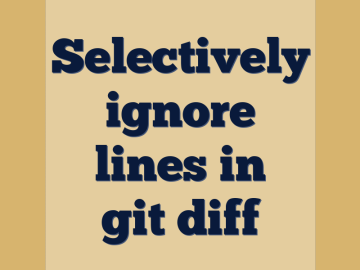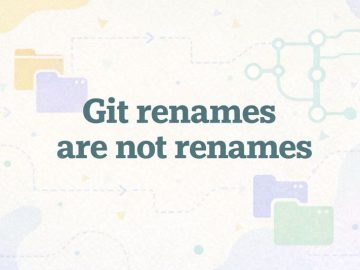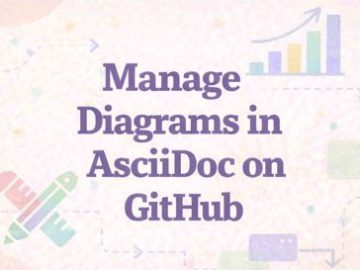Welcome! I’m Lorna: open source technology leader and developer experience engineer. I’m a striking combination of technical experience, communication skills, and a genuine love for enabling others to succeed. I’m a leader, an engineer, a writer, a user champion, an open source maintainer, and a public speaker. My passion is taking great technology, and making it a great experience for users.
On this site you’ll find my blog, links to things I’ve done in other places, and my contact details. I’m always happy to hear from others in the industry and you are welcome to reach out to me with requests for articles, podcasts, or speaking – I can’t do everything, but that doesn’t stop me trying!



